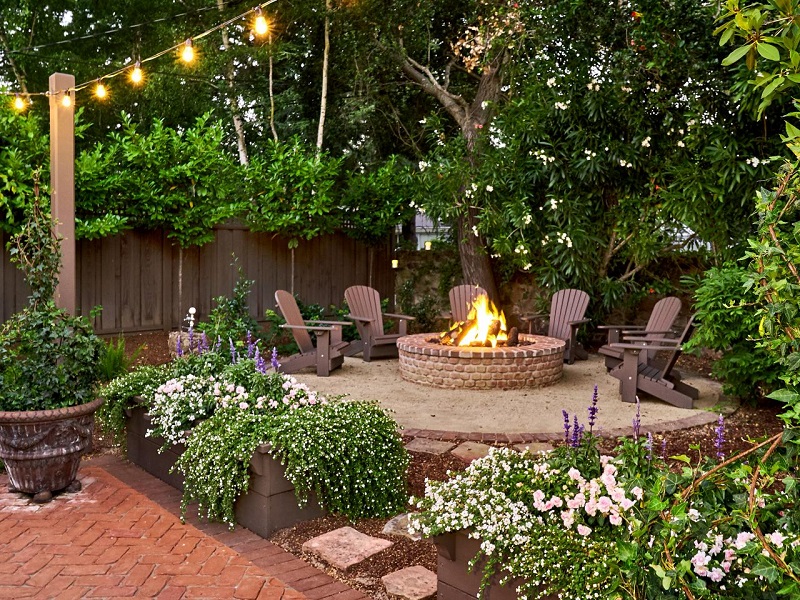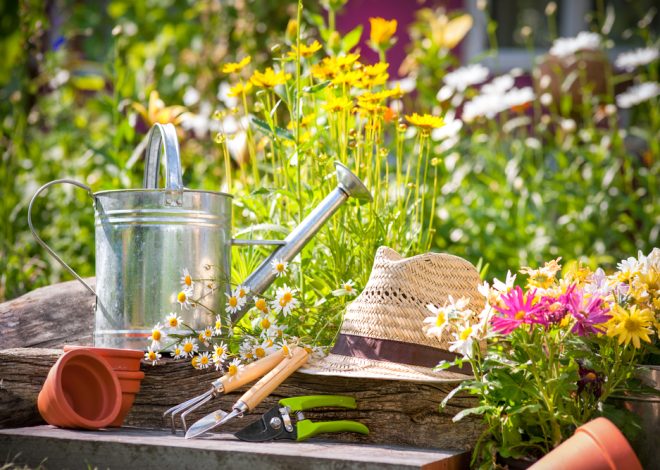
Dealing with Common Pests in Your Backyard Garden
Hey there, green thumbs! So, you’ve put your heart and soul into your backyard garden, but now you’re dealing with uninvited guests – pests. Don’t worry, it happens to the best of us. In this guide, we’ll dive into the world of garden pests and equip you with the knowledge and strategies to tackle them head-on. Let’s show those critters who’s boss!
The Pest Parade: Unwanted Visitors in Your Garden
Your garden is like a bustling city, and pests are the unwelcome guests crashing the party. From nibbling on your plants to leaving a trail of destruction, they can wreak havoc if left unchecked. But fear not, we’ve got the tools and know-how to deal with them.
1. Identify the Culprits: Know Thy Enemy
The first step in pest management is identifying the pests. Take some time to observe your plants and look for signs of damage. Are there holes in the leaves? Sticky residue on the stems? Knowing who you’re up against will help you choose the most effective strategies.
2. Natural Predators: Nature’s Pest Control
Mother Nature has her own army of defenders. Ladybugs, lacewings, and predatory beetles are like the superheroes of the garden, feasting on pests like aphids and caterpillars. Encourage these natural predators by planting companion plants or providing shelter for them in your garden.
3. Companion Planting: The Buddy System for Plants
Plants, just like us, have their preferred companions. Some plants can actually repel pests or attract beneficial insects. For example, marigolds emit a scent that deters nematodes, while basil can help keep mosquitoes at bay. It’s like setting up a neighborhood watch in your garden!
4. Neem Oil: Nature’s Bug Repellent
Neem oil is the ultimate bug spray for your plants. It’s derived from the neem tree and acts as a natural insecticide, disrupting the feeding and breeding patterns of pests. Plus, it’s safe for beneficial insects, making it a garden-friendly option.
5. DIY Pest Control: Homemade Remedies
Sometimes, the best solutions are right in your kitchen. Ingredients like garlic, onion, and chili can be used to create homemade pest sprays. It’s like whipping up a potion to ward off garden invaders. Just be sure to test on a small area first to avoid any harm to your plants.
6. Handpicking: The Personal Touch
For those pests that insist on sticking around, sometimes a hands-on approach is best. Grab a pair of gloves and gently remove them from your plants. It’s like giving your garden a little TLC, one bug at a time.
FAQs
1. Are chemical pesticides safe for my garden?
While chemical pesticides can be effective, they can also harm beneficial insects and disrupt the ecosystem of your garden. It’s best to explore natural and organic alternatives first, reserving chemical options as a last resort.
2. How do I attract natural predators to my garden?
Planting a diverse range of flowers, herbs, and native plants can provide a habitat and food source for natural predators. Additionally, providing shelter like insect hotels or rock piles can give them a place to call home.
3. Can I use soapy water to get rid of pests in my garden?
Yes, a solution of water and mild soap can be an effective way to control soft-bodied pests like aphids and mites. Just be sure to rinse the plants thoroughly after applying to avoid any soap residue.
4. What should I do if I spot signs of a pest infestation in my garden?
Act promptly! The sooner you address a pest problem, the easier it is to manage. Identify the pest, choose an appropriate control method, and implement it as soon as possible.
5. Will companion planting work for all types of pests?
Companion planting is most effective for deterring specific pests and attracting beneficial insects. It may not be a one-size-fits-all solution, but it can certainly be a valuable tool in your pest management arsenal.
There you have it, garden warriors! Armed with knowledge and a few tricks up your sleeve, you’re ready to take on the pest army and reclaim your garden. Remember, it’s all about finding a balance in nature, and with a little care and attention, your garden will thrive. Happy gardening!




